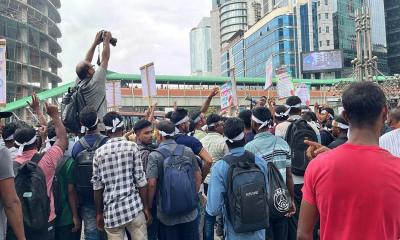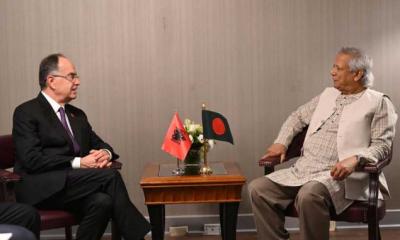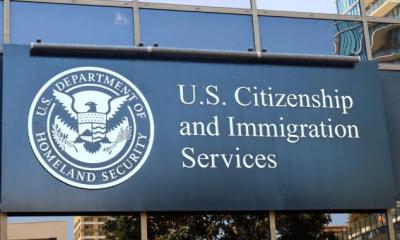Bangladesh’s inward remittances in September fell by a whopping 12.7 percent ($ 196 million) year-on-year, to USD $1.34 billion - the lowest in almost 3-and-a-half years.
It will lead to further concern over the declining trend in remittances, even as the country sends more and more workers abroad.
The remittance flow in September decreased by $255.79 billion compared to August, Bangladesh Bank`s (BB) latest remittance data reveals.
The expatriates sent close to $1.6 billion in remittances in August, itself the lowest in six months, since February when it was $1.56 billion. Yet the flow decreased even further to $1.34 billion in September, the lowest in the last 40 months.
That dates back to when Bangladesh received $1.09 billion in remittances in April 2020. After that, the flow of inward remittance increased sharply even during the COVID-19 pandemic time.
Bangladeshi expatriates sent $2.19 billion in remittances in June this year and in July it was $1.97 billion.
The sector insiders said that when the exchange rates available in the Kerb or the open market become higher than in the banking channel, transactions in Hundi increase. And when demand for hundi increases, remittances decrease.
Last month, the dollar exchange rate was Tk6 to 7 higher in the open market than in the banking channel. Therefore, expatriates have reduced sending remittances through legitimate channels in the hope of more profit, they said.
In the last fiscal (2022-23,) Bangladesh received total remittances of $21.61 billion. In the previous fiscal year 2021-22, the expatriate sent a remittance of $21.03 billion. Bangladesh received the highest remittances ever in the fiscal year 2020-21. The amount of which was $24.77 billion.
`Recipe for mismanagement`
Tasked by the central bank, the Bangladesh Foreign Exchange Dealers Association (BAFEDA), and the Association of Bankers Bangladesh have been fixing the price of the US dollar under three different headings since September 2022.
Currently the banks are giving a price of Tk110.5 for every dollar of expatriate income. Export Bill Cashing is offered at Tk109.5 per dollar. And Tk110.5 is given for import and interbank transactions.
Economist and Chairman of Policy Research Institute (PRI) Ahsan H. Mansur told UNB that it is a recipe for mismanagement of the economy.
He said the expatriates are sending remittances through the illegal channel (Hundi), as the rate of the US dollar is comparatively higher. The situation may not improve soon till the rate of the dollar is similar in the kerb market and banking channel.
Mansur said, “Lack of confidence in the state systems, Bangladeshi expatriates are sending lower remittance in the country, as the money smuggling is happening randomly from the country.”
Despite exporting a record number of workers in different countries, the volume of remittance is decreasing continuously, which does not match the statistics, he said.














-20260226080139.webp)






-20260225072312.webp)










-20260219054530.webp)
-20260224075258.webp)





-20260221022827.webp)